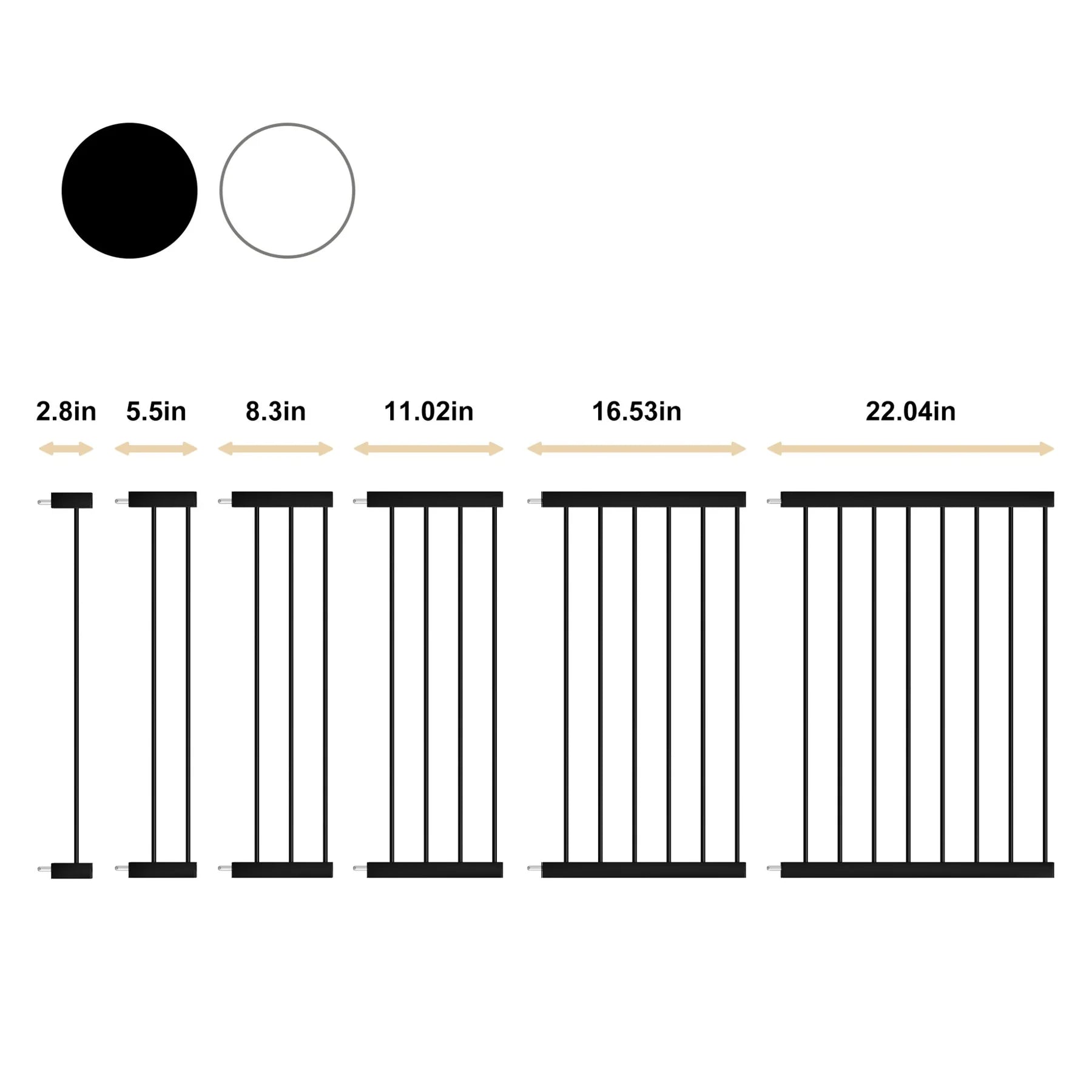How to Care for Your Newborn the First 2 Weeks with Confidence
At two weeks old, your baby is undergoing significant physical and developmental growth. As a new parent, you're also evolving, learning to decipher your baby's different cries, getting used to their sleep patterns, and figuring out feeding routines. It's normal to feel a bit daunted, but remember, you're not alone on this parenting journey.
Understanding what's typical for a 2-week-old baby is key. Keep an eye on their sleeping and feeding habits, as well as their physical growth. Recognizing normal patterns and knowing when to be concerned will help put your mind at ease. Don't hesitate to reach out for advice from your pediatrician or lean on the support of family and friends when needed.

As you continue reading, you'll discover valuable insights and practical advice on how to care for your 2-week-old. These tips are designed to ensure both your baby's well-being and your own peace of mind. This guide aims to support and empower you through these initial weeks of parenthood, equipping you with the knowledge and confidence needed to navigate this new and exciting phase successfully.
Growth and Development in Your 2-Week-Old Baby
In the initial weeks, your baby will grow quickly. You'll notice changes in their length and weight, and even their head shape and size might adjust as they develop. Watch for emerging reflexes – these are normal signs of growth. Your baby's physical movements will gradually become stronger and more coordinated. It's important to have regular check-ups with your pediatrician to ensure your baby is developing properly.
Knowing Sleep Patterns of Your 2-Week-Old
At two weeks, a lot of sleep is normal for babies. Understanding and adapting to their sleep cycles is key. Ensuring your baby's sleep area is quiet and comfortable is vital for their safety and better sleep. Establish a consistent routine and use soothing techniques to improve sleep quality. If you're looking for more guidance on caring for your 2-week-old, explore comprehensive baby care tips and advice at 123 Baby Box!
Feeding Essentials for Your 2-Week-Old
Whether you are breastfeeding or formula feeding, it's important to understand your baby's feeding schedule. Look out for signs of hunger like fussiness or sucking motions. Burping your baby after each feeding is crucial to prevent gas discomfort. Signs of proper feeding include regular weight gain and a sense of contentment after eating. If you're worried about your baby's feeding, don't hesitate to consult a pediatrician for advice and reassurance.
Diapering and Hygiene for Your Newborn
Expect to change your 2-week-old baby's diaper every 2-3 hours to maintain cleanliness and comfort. Monitoring the frequency and nature of diaper output is crucial as it can indicate your baby's health status. It's important to prevent diaper rash by keeping the area dry and clean, changing diapers promptly, and considering barrier creams. Good hygiene practices, like washing your hands before and after diaper changes, are essential to avoid spreading germs. Be observant of any unusual changes in the diaper contents and consult your pediatrician if you have any concerns.
Creating a Bond with Your Newborn
Skin-to-skin contact plays a crucial role in bonding with your baby, offering them comfort and a sense of security. It's also beneficial for their emotional and physical well-being. Engaging with your baby through talking and singing is not only soothing but also strengthens your connection. Pay attention to your baby's cues, such as signs of hunger or discomfort, and respond accordingly to build trust and a sense of safety. Remember, cuddling and holding your baby aids in their emotional growth. Encourage family members, including siblings, to participate in gentle interactions, fostering secure relationships within the family.
Maintaining Your Baby's Health and Wellness
Being vigilant about common illness symptoms like fever or changes in appetite is important. Immunizations are critical for protecting your baby against various diseases, so keep up with the vaccination schedule. Handling minor health concerns, like diaper rash or mild colds, is part of caring for your baby. However, don't hesitate to call your doctor if your baby shows signs of illness or if you have any concerns. Regular health check-ups are important for monitoring your baby's growth and addressing any questions with your pediatrician.
Supporting Your Baby's Developmental Growth
Keeping track of your baby's developmental milestones, such as their ability to track objects with their eyes or respond to sounds, is crucial. Engaging your baby with age-appropriate toys and activities supports their motor skills and cognitive development. Introduce tummy time to strengthen their neck and shoulder muscles, starting with short periods and gradually increasing. Expose your baby to different textures, sounds, and sights to encourage sensory development. If you're concerned about developmental delays, consult with your pediatrician. Early intervention can be incredibly helpful.
Taking Care of Yourself as a New Parent
Self-care is essential for new parents. Look after your physical and emotional health to ensure you're in the best condition to care for your baby. Since sleep deprivation is common, try to rest when your baby is sleeping to combat fatigue. Don't hesitate to ask family and friends for help with chores or babysitting, giving yourself much-needed breaks. Balancing your time between your personal needs and caring for your baby is important for your mental health. If you're experiencing postpartum issues like prolonged sadness or anxiety, seek professional help. It's important to address these symptoms and receive the appropriate support and guidance.
Mastering Parenthood with Your Newborn
Dealing with crying and fussiness is a common aspect of parenting a newborn. Learning effective soothing techniques is beneficial. It's perfectly fine to take a break if you're feeling overwhelmed. If your baby has colic, characterized by extended crying periods, consult your pediatrician for advice and strategies.
Balancing work and caring for your baby requires careful planning and flexibility. Explore options for flexible work schedules and prioritize your tasks to manage time efficiently. Managing stress is crucial for new parents. Find stress-relief methods that work for you, such as deep breathing, exercise, or engaging in hobbies, and make sure to incorporate them into your routine.
Joining parenting groups or seeking resources can provide invaluable support and advice from those who have shared similar experiences. Remember, you're not alone in this journey of parenting.
Embracing Life with Your 2-Week-Old Baby
Taking care of a 2-week-old baby is a mix of joy and challenges. Keep in mind the important aspects we've covered, from understanding their feeding and sleeping habits to ensuring your own well-being. Parenthood is a path filled with patience, learning, and support.
Savor these early moments with your baby—they grow up quickly. Cherish these early days, despite any difficulties.
The journey of parenthood is demanding but is also rich with moments of love and personal growth. Taking care of yourself is as important as caring for your little one. You're doing an excellent job, and remember, there's always support available to you.






Leave a comment